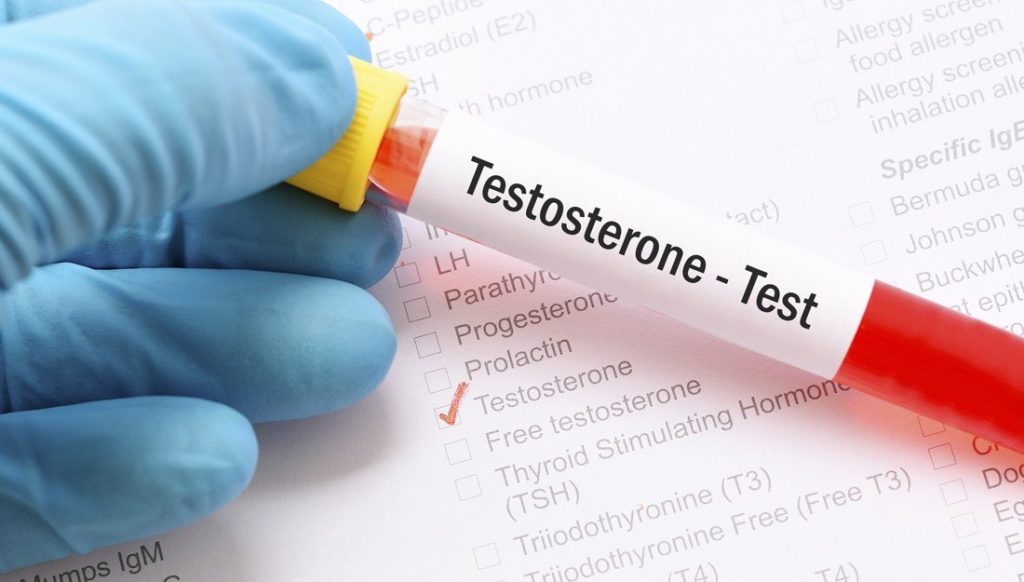A new study led by Xiaohui Xu, PhD, associate professor at the Texas A&M School of Public Health, analyzed this complex association using real-world data. The study, published in the Journal of Urology, used data from 376 German men between the ages of 45 and 74 who had been diagnosed with low testosterone. Unlike other studies, Xu’s team analyzed longitudinal data on testosterone levels for each participant, who has been followed for two to 11 years, rather than testosterone levels measured at a single point in time, to investigate the impact of long-term variations of testosterone levels on cancer risk.
Texas A&M Research Shows Biological Clocks Could Improve Brain Cancer Treatment
One hypothesis for the inconsistent associations found in previous studies of testosterone and prostate cancer is that prostate cells have a varying level of optimal testosterone. Changes in testosterone levels, it is thought, could lead to changes in prostate cells that alters their sensitivity to hormones and might make development of cancerous cells more likely. To find out more, the researchers came up with three indicators to measure the changing testosterone levels over time for each participant: an individual’s variation in testosterone levels, the individual’s maximum decline relative to their average and the averaged magnitude of testosterone decrease. Xu and his colleagues also tracked each subject’s age, family history of cancer, alcohol use and smoking, which could act as confounders.
“Subjects who experienced their initial testosterone drop at a younger age had a higher likelihood of developing prostate cancer. We also saw an increased risk among those who had a larger magnitude drop overall and a wider range of variation in testosterone levels,” Xu said. “These findings appear to support the notions that unstable or substantial decline of testosterone levels increase the risk of developing prostate cancer.”
Although this study does not conclusively show a link between varying testosterone levels, changes to prostate cells and development of prostate cancer, it does point to the need for further research. Detailed studies of the biological mechanisms involved will help bolster this analysis, as would further statistical work using a larger and more diverse population.
“This study filled the research gap in the causative role of dynamic variations of testosterone levels in prostate cancer development and shows the importance of tracking an individual’s hormone levels over the long term to develop customized treatment for patients,” Xu said. “We hope that this study opens a door for others who will initialize well-designed clinical or experimental studies to further investigate this question and expect that our findings will help improve the well-being of millions of men through earlier detection of abnormal testosterone levels and individualized testosterone replacement therapy.”
###
This story by Rae Lynn Mitchell originally appeared in Vital Record.





